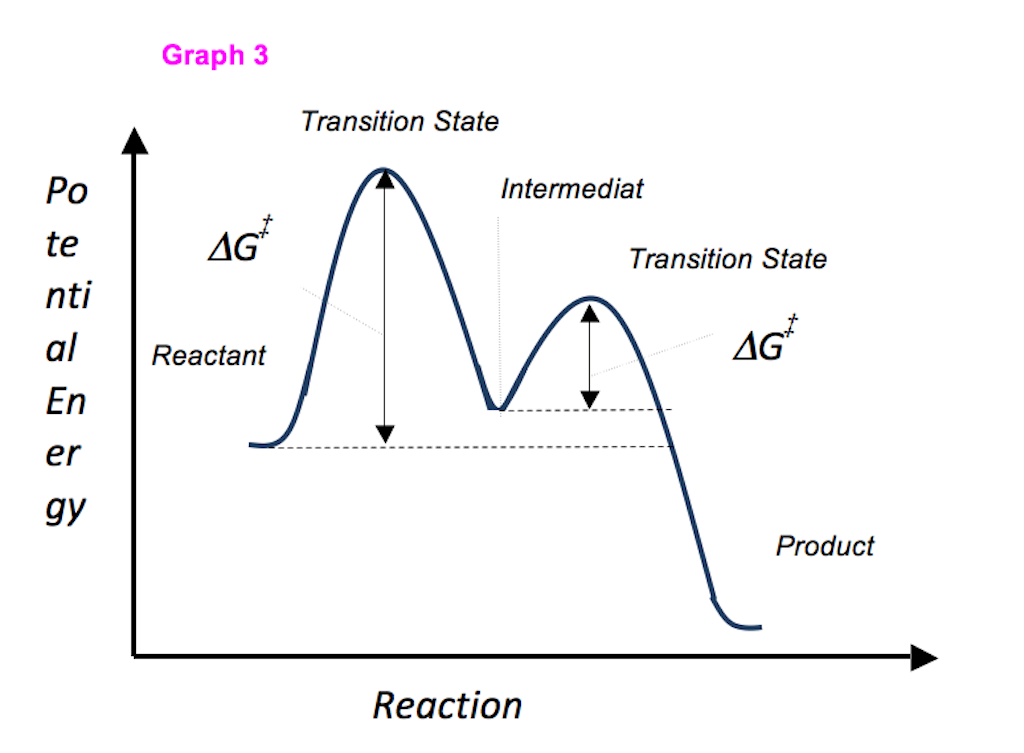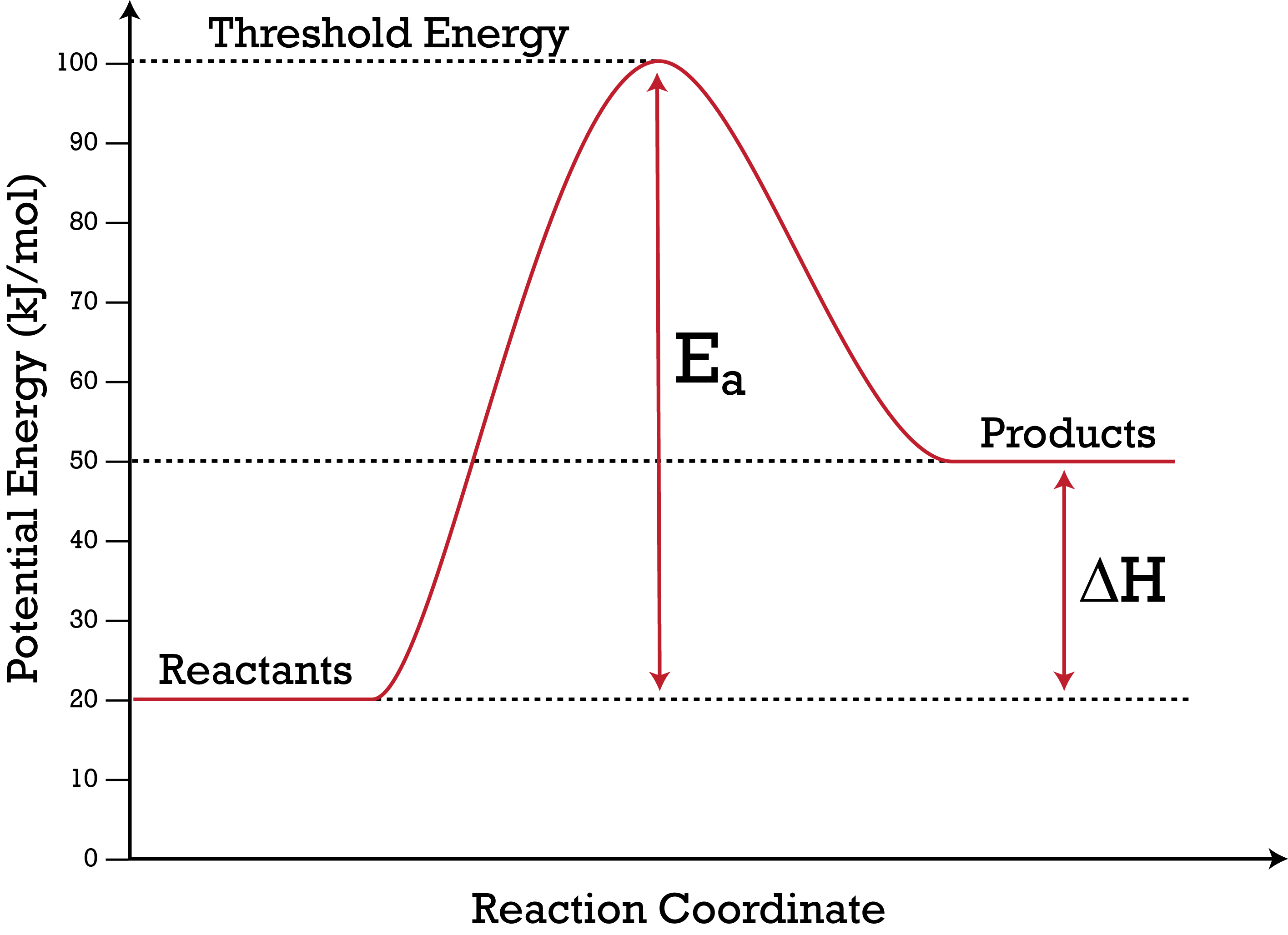How To Draw An Energy Diagram
How To Draw An Energy Diagram - Web inorganic chemistry for dummies explore book buy on amazon chemists sometimes use an energy level diagram to represent electrons when they’re looking at chemical reactions and bonding. Web a molecular orbital energy level diagram just shows the energy levels in the molecule. You may recall from general chemistry that it is often convenient to describe chemical reactions with energy diagrams. The total mechanical energy, e = \si 25 j, is shown by the horizontal red line. Web energy diagrams, also known as potential energy diagrams, can be used to represent the energy changes that occur during a chemical reaction. Web an energy diagram shows how the potential energy of an object depends on position and tells you all kinds of things about the motion of the object. Web chemistry lesson 3.2energy level diagramspauli exclusion principlehund's ruleaufbau principlediagonal rulepractice problems#energyleveldiagram #quantum #ketz. Also illustrated are the potential energy function ( u ( x) in blue), and the kinetic energy, ( k = e − u ( x), in dotted black). An energy level diagram is more useful and easier to work with than quantum numbers in the quantum mechanical model. Frequently, but not always, energy level diagrams are shown without any pictures of the orbitals, in order to focus attention on the energy levels, which in a fundamental way are the most important part of the picture. Web energy diagrams show the amount of relative potential energy in each step of a reaction. Web energy diagrams, also known as potential energy diagrams, can be used to represent the energy changes that occur during a chemical reaction. This chemistry video tutorial focuses on potential energy diagrams for endothermic and exothermic reactions. Depending on the reaction, it can also. Web draw reaction energy diagrams from the thermodynamic and kinetic data/information. Web energy diagrams, also known as potential energy diagrams, can be used to represent the energy changes that occur during a chemical reaction. The potential energy curve shows how much potential energy the boulder has at each position. Web a physical or chemical process can be represented using an. It also shows the effect of a catalyst on the forward and. Frequently, but not always, energy level diagrams are shown without any pictures of the orbitals, in order to focus attention on the energy levels, which in a fundamental way are the most important part of the picture. Web energy diagrams show the amount of relative potential energy in. Web 407k views 7 years ago. The total mechanical energy, e = \si 25 j, is shown by the horizontal red line. An energy level diagram is more useful and easier to work with than quantum numbers in the quantum mechanical model. Web in this video, i go over how to properly label and explain a reaction mechanism diagram which. The energy diagram for a typical s n 2 reaction might look like this: We will examine a couple of simple examples, and then show how it can be used for more advanced cases in physics and. You may recall from general chemistry that it is often convenient to describe chemical reactions with energy diagrams. Web in this video, i. Web the vertical axis corresponds to energy and the horizontal axis corresponds to the position of the block. The potential energy curve shows how much potential energy the boulder has at each position. Web inorganic chemistry for dummies explore book buy on amazon chemists sometimes use an energy level diagram to represent electrons when they’re looking at chemical reactions and. Draw the transition state of a reaction. It also shows the effect of a catalyst on the forward and. I'll go over how to find the following. Web in this video, i go over how to properly label and explain a reaction mechanism diagram which is also referred to as an energy diagram or energy graph. Web the conservation of. Draw the transition state of a reaction. This chemistry video tutorial focuses on potential energy diagrams for endothermic and exothermic reactions. Web inorganic chemistry for dummies explore book buy on amazon chemists sometimes use an energy level diagram to represent electrons when they’re looking at chemical reactions and bonding. ⚛ enthalpy change, δ h, is the amount of energy absorbed. Draw the transition state of a reaction. The reactants , transition states , and products. Processes or components that transform, convert, or use energy are depicted with arrows showing energy flow. Calculating electron energy for levels n=1 to 3. Web elements of energy diagrams; Draw the transition state of a reaction. The reactants , transition states , and products. These represent the initial sources of energy, such as fuels, electricity, or renewable resources. If the initial state has a lower potential energy than the. Web in this video, i go over how to properly label and explain a reaction mechanism diagram which is also. Web 407k views 7 years ago. Processes or components that transform, convert, or use energy are depicted with arrows showing energy flow. Draw the transition state of a reaction. Here’s an example energy diagram for the boulder: We will examine a couple of simple examples, and then show how it can be used for more advanced cases in physics and. You may recall from general chemistry that it is often convenient to describe chemical reactions with energy diagrams. Web draw reaction energy diagrams from the thermodynamic and kinetic data/information. Drawing a shell model diagram and an energy diagram for hydrogen, and then using the diagrams to calculate the energy required to excite an electron. Web a physical or chemical process can be represented using an energy diagram, which shows how the potential energy of the initial state relates to the potential energy of the final state. Web in an energy diagram, the vertical axis represents the overall energy of the reactants, while the horizontal axis is the ‘ reaction coordinate ’, tracing from left to right the progress of the reaction from starting compounds to final products. Frequently, but not always, energy level diagrams are shown without any pictures of the orbitals, in order to focus attention on the energy levels, which in a fundamental way are the most important part of the picture. The total mechanical energy, e = \si 25 j, is shown by the horizontal red line. If the initial state has a lower potential energy than the. Web chemistry lesson 3.2energy level diagramspauli exclusion principlehund's ruleaufbau principlediagonal rulepractice problems#energyleveldiagram #quantum #ketz. Web the vertical axis corresponds to energy and the horizontal axis corresponds to the position of the block. ⚛ enthalpy change, δ h, is the amount of energy absorbed or released by a chemical reaction.
How To Draw Energy Level Diagrams YouTube

HOW TO DRAW "FORMS OF ENERGY" YouTube

Energy Diagrams YouTube

Energy Diagram Module Series Part Three Intermediates and Rate

How To Draw Potential Energy Diagram » Tacklerun

How to draw Energy Profile Diagram and Energy Level Diagram of

Energy Diagram — Overview & Parts Expii
Potential Energy Diagrams CK12 Foundation

Energy Diagram — Overview & Parts Expii

How to draw energy level diagrams YouTube
Web An Energy Diagram Shows How The Potential Energy Of An Object Depends On Position And Tells You All Kinds Of Things About The Motion Of The Object.
I'll Go Over How To Find The Following.
Use A Reaction Energy Diagram To Discuss Transition States, Ea, Intermediates & Rate Determining Step.
Web Inorganic Chemistry For Dummies Explore Book Buy On Amazon Chemists Sometimes Use An Energy Level Diagram To Represent Electrons When They’re Looking At Chemical Reactions And Bonding.
Related Post:
